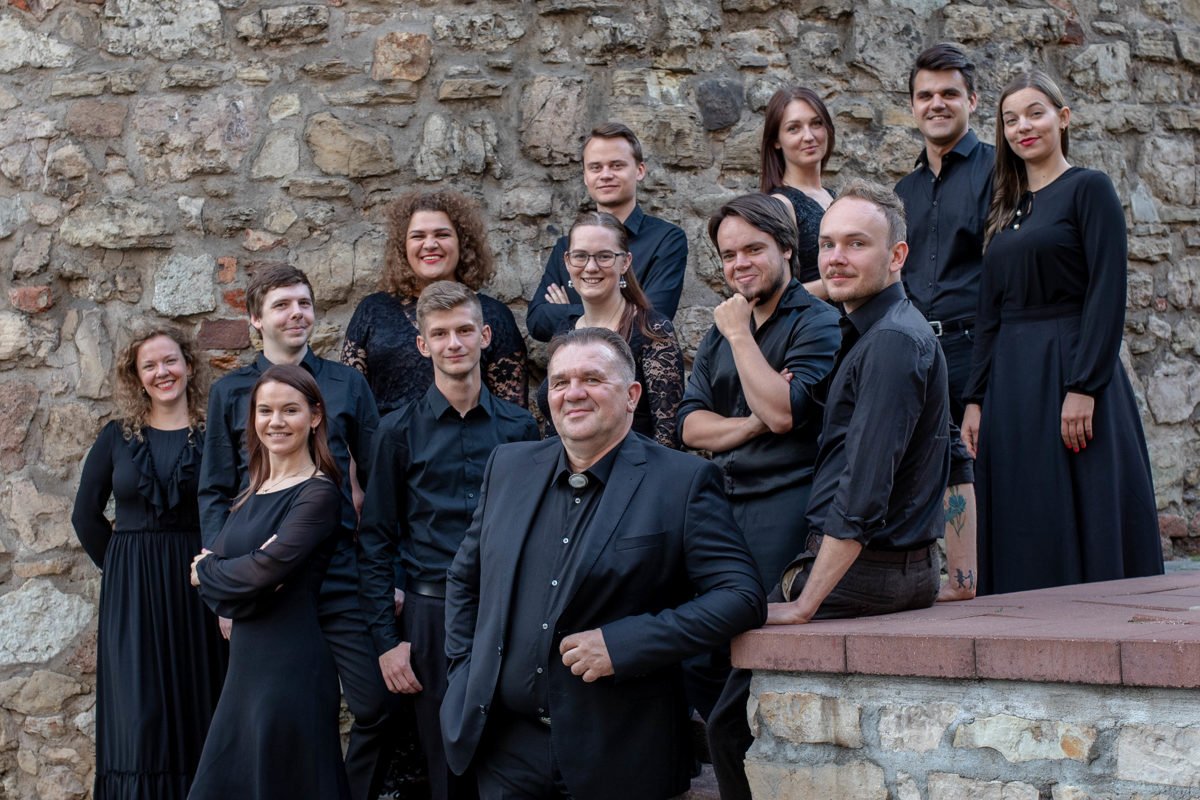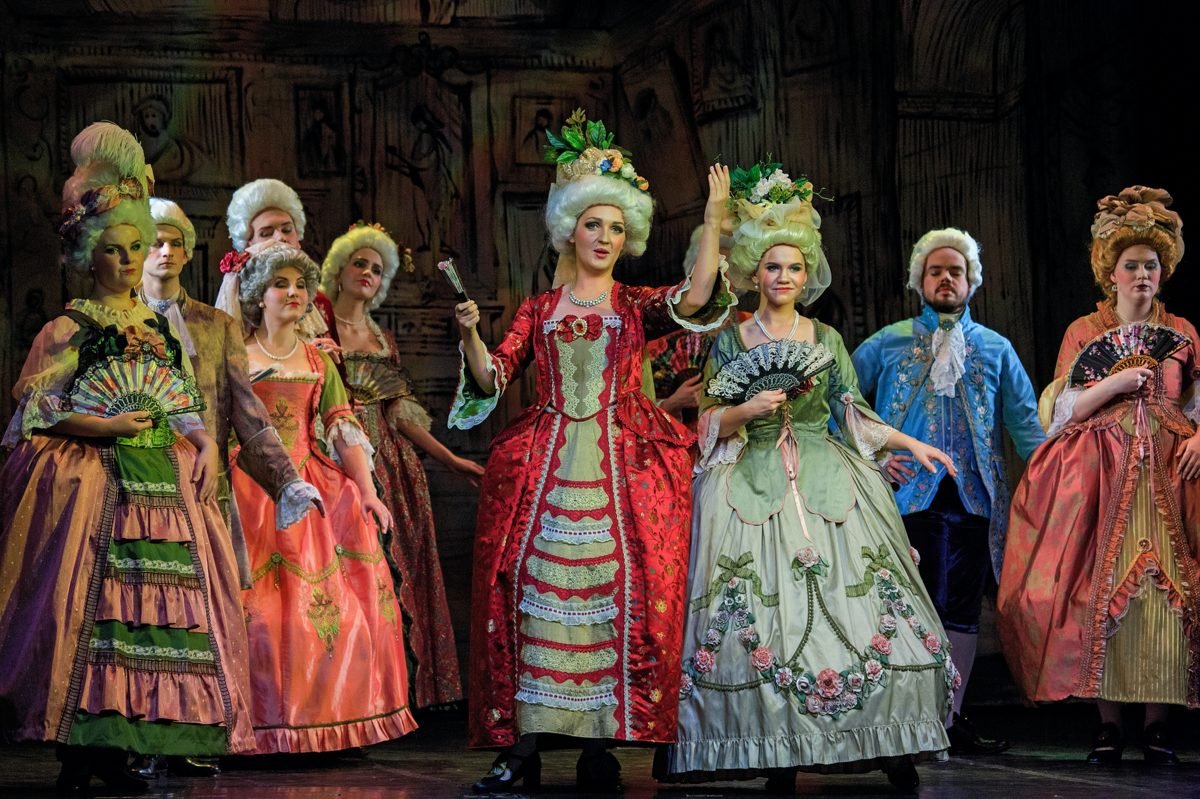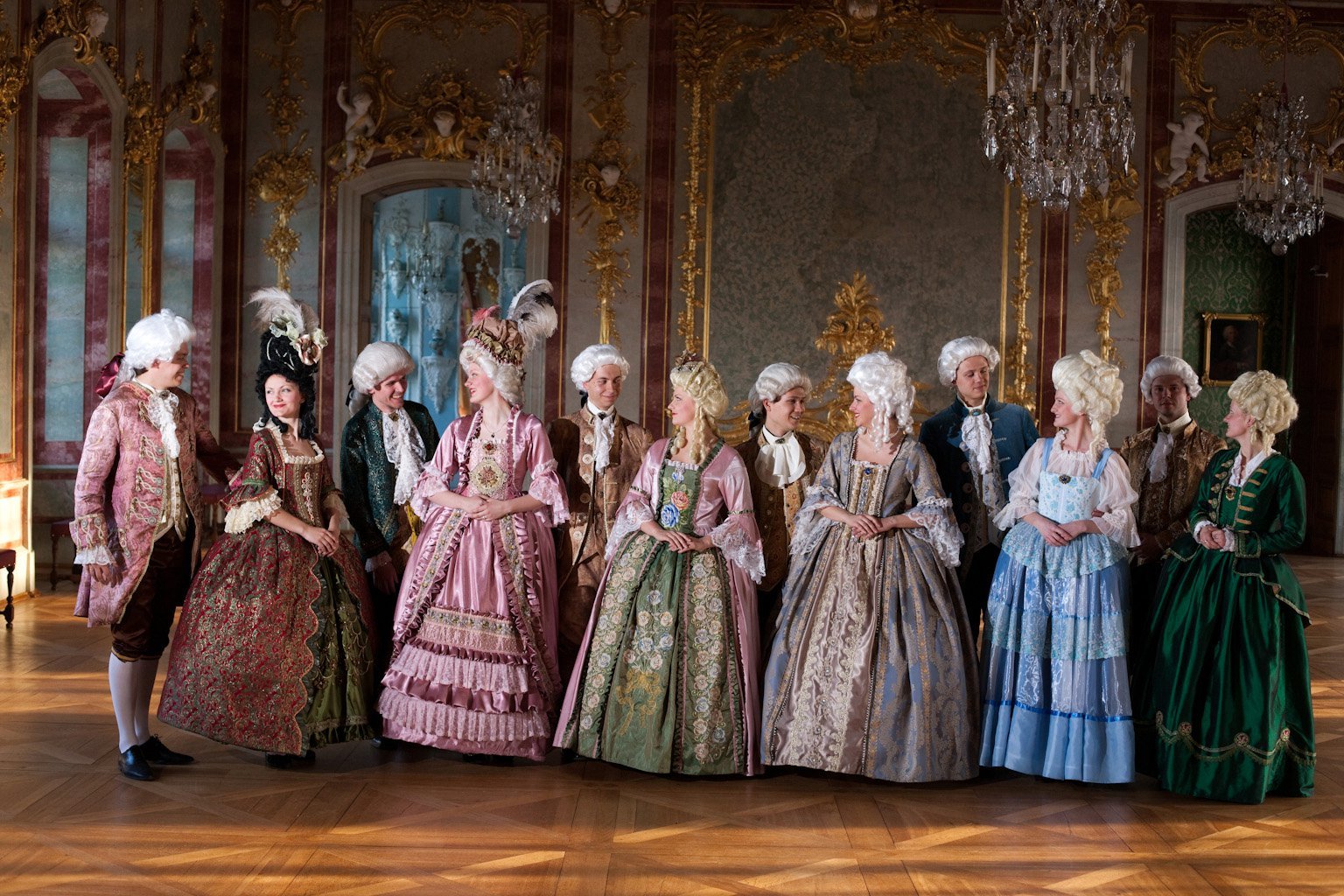Collegium Choro Musici Riga
“Less is more” – power of 12 choir singers
The Baroque choir COLLEGIUM CHORO MUSICI RIGA was founded in late 2010 and inspired by a particularly successful performance of Claudio Monteverdi’s Vespro della Beata Vergine on November 7, 2010, in Riga. It was then that Māris Kupčs, the artistic director of this project, decided to approach the most promising participants in the performance and encourage them to found a new, 12-voice ensemble that could specialise in the repertoire of the Renaissance, Baroque and Classical eras and work alongside the Collegium Musicum Riga, an already existing Baroque orchestra in Latvia.
In collaboration with Collegium Musicum Riga, the choir has performed many operas, including Johann Adam Hiller’s Die Jagd, Henry Purcell’s Dido and Aeneas, Franz Adam Veichtner’s Cephalus und Procris and Cyrus und Cassandana, as well as the Early Baroque operas Euridice by Jacopo Peri, Claudio Monteverdi’s L’Orfeo, Giacomo Carissimi’s Jephte, Marco da Gagliano’s La Dafne and many others.
A significant part of the choir’s repertoire consists of music written within the borders of present-day Latvia in the 17th and 18th centuries, for example, Johann Valentin Meder’s St. Matthew Passion, Johann Adam Hiller’s Ta Simtaa Dzeesma (Psalm 100) and Gottlieb Heinrich Traugott Perle’s Psalm 98 cantata as well as some of the most popular compositions of the Baroque period, such as Johann Sebastian Bach’s St. Luke Passion and Mass in B minor, George Frederick Handel’s Brockes Passion, Heinrich Schütz’s Magnificat, Orlando di Lasso’s Prophetiae Sibyllarum and more.
Collegium Choro Musici Riga has performed at the Vocal Fantasy Festival (2019, Israel) and the Jõulumuusika Festival (2019, Estonia). With Collegium Musicum Riga it has performed operas at such prestigious festivals as the Krakow Opera Summer Festival (2011, Poland) and the International Chamber Opera Festival in Saint Petersburg (2016 and 2019, Russia). It also enjoys a close collaboration with several recognised interpreters of early music as well as conductors David Shemer and Franck-Emmanuel Comte.
Collegium Choro Musici Riga regularly participates in Vivat Curlandia!, the music and arts festival in Bauska, Latvia, that focuses on the time when the Kettler dynasty ruled the Duchy of Courland and Semigallia, where it performs 17th-century operas under the direction of conductor Māris Kupčs. It also participates in the Riga Historical Music and Dance Festival, where it brings to light and premieres such Baroque-era scores as Handel’s oratorio The Choice of Hercules, François Rebel and François Francœur’s pastorale héroïque Isméne and others.



